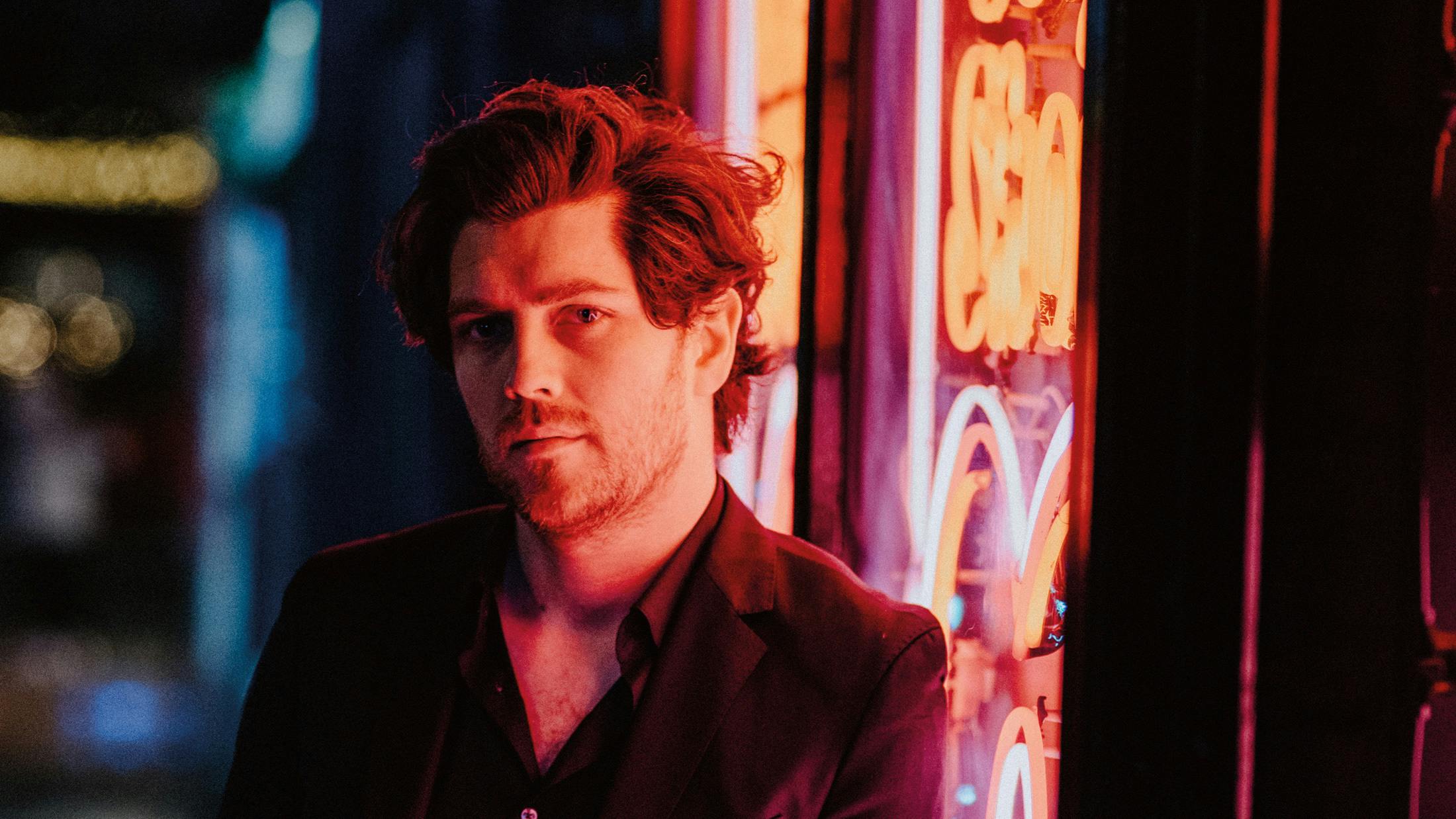As Sam intimates, there is a duality at play on Power, between darkness and light, organic and synthetic, and even within its title. Where one person chooses to use power for good and distribute it among others, there will be another who wields influence for personal gain, stripping it from others in order to maintain their position. “There isn’t really a grey area,” says Sam. “Power is either complete light, love and hope for the future, or it’s very antiquated, overbearing and patriarchal.”
Last year, the majority of the English people voted for Boris Johnson’s Conservative Party in the general election, handing him the keys to No. 10. Meanwhile north of the border, Scotland turned over 48 of its 59 constituencies to the Scottish National Party, whose principle platform is anti-Brexit and pro-Scottish independence in diametric opposition to the Tories. As the messy divorce from the European Union breeds further rifts to the tune of liberal social media bubbles popping, divisions at home have rarely been more polarising.
“I feel like I have fuck all say in anything and Scotland has felt like that for a while in the face of two failed referendums,” sighs Sam, referring to 2014’s referendum on Scottish independence and the EU referendum of 2016.
“It’s people climbing the political ladder for their own empowerment and that element has always frustrated me. I’m not a pure Saltire [Scottish flag] waving maniac, but I think that’s why we made a record that did lean on taking control for yourself, at the same time as having some commentary on the modern world being driven by power as opposed to well-being.”
Much of this critique takes the form of religious rhetoric in Sam’s lyrics, poking fun at the cult of personality common to politics, religion and rock’n’roll. The ecstatic chorus of Volcano screams, ‘Turn it up, upside down, lift my feet off the ground,’ as an invocation of an ancient Aztec being sacrificed over a volcano, disguised as clubland euphoria. Yet elsewhere, the extremist violence that punctures Messiah’s desensitised shuffle hits close to home.
READ THIS: An oral history of the Tony Hawk's soundtrack
As a kid from “a divided family – half-Protestant, half-Catholic” in Glasgow, Sam grew up observing, often subconsciously, how the undercurrent of religious differences between neighbours shaped the city around him. Although the sectarian violence that mirrored the Troubles in Northern Ireland is largely a thing of the past, the city still bears the scars and, Sam reckons, the divisiveness of our times has reopened old wounds.
“There are still Orange walks that go through the city, and where our studio is, in Bridgeton, is the epicentre for it in Scotland,” he says, referring to the yearly Protestant marches that frequently reignite tensions. “Even when we were going into the studio to make music, there was insane turbulence in the area because of the marches. That’s something we deal with daily and then the next day there’s a newspaper saying a bridge in London was attacked because of religious motives. I’m almost anti-religion at this point, because I think it breeds more bad than it does good.”
